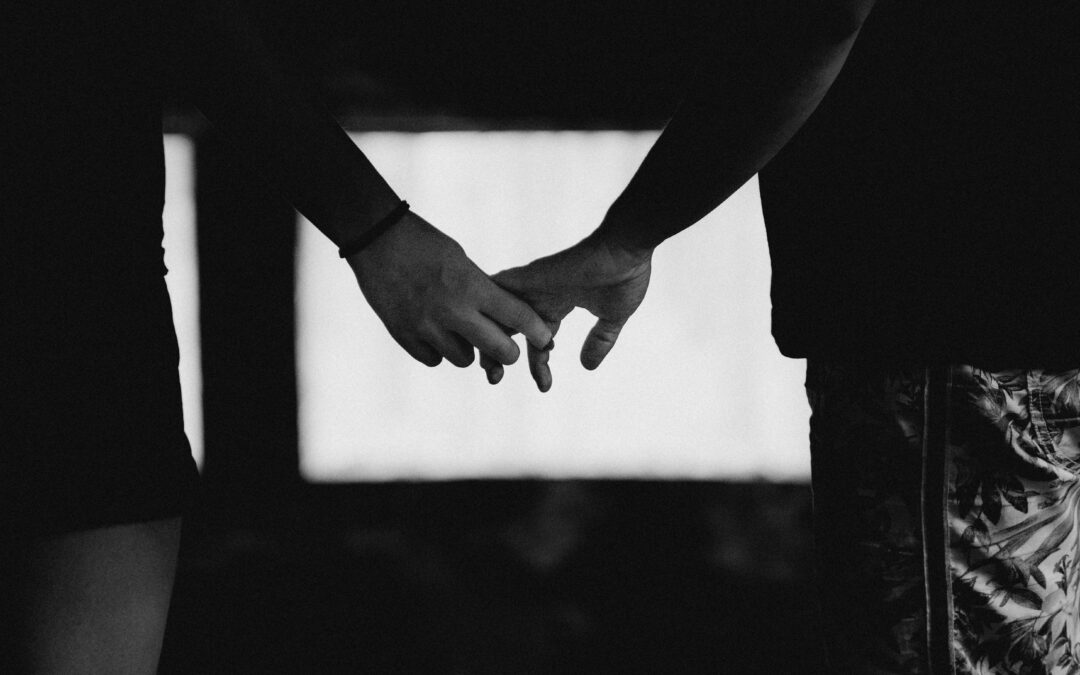If you read Part 1 of this series, you saw how a simple pause — especially when paired with playful rituals — can help kids regulate big emotions through connection. But pausing isn’t just for little ones. In our adult relationships, it’s just as powerful.
In our closest relationships — whether it’s your spouse, your college-aged kid, or a friend — taking a pause when emotions run high is one of the kindest things you can do.
We’ve all had those conversations where everything escalates. A small disagreement becomes a huge misunderstanding. That’s often because our prefrontal cortex, the part of our brain responsible for logic and empathy, has gone offline. We’re in fight, flight, or freeze.
That’s why I love having a shared pause ritual. Maybe you and your partner agree that either of you can ask for a break in a tense moment — with a promise to return. Maybe it looks like a ten-minute walk, or a cup of tea, or watching a favorite show.
In my office, I keep a weighted collar, soft lighting, and a Calm app sleep story on standby for ten-minute resets between clients. These little rituals make a big difference.
If you’re wondering what a “good pause” should include, I love Dr. Bruce Perry’s 6 Rs (from his Neurosequential Model of Therapeutics):
- Relational – Co-regulate with someone you trust.
- Relevant – Meet the developmental or emotional moment at hand.
- Repetitive – Regularly practiced to build new patterns.
- Rewarding – It should feel good to the nervous system.
- Rhythmic – Tied to breath, movement, or music.
- Respectful – Honors where each person is.
Incorporating the 6 Rs into your pause rituals turns a timeout into a tool for connection.
I always say: you don’t need to be perfect. You just need to show up. Taking a pause is how we come back to ourselves — and to each other.
And if your family or relationship could use some guidance around creating space for empathy and communication, we’re here. Whether it’s couples counseling, marriage therapy, individual therapy, or simply learning to pause before reacting, let us walk with you on that journey.
Photo by Artem Balashevsky on Unsplash


